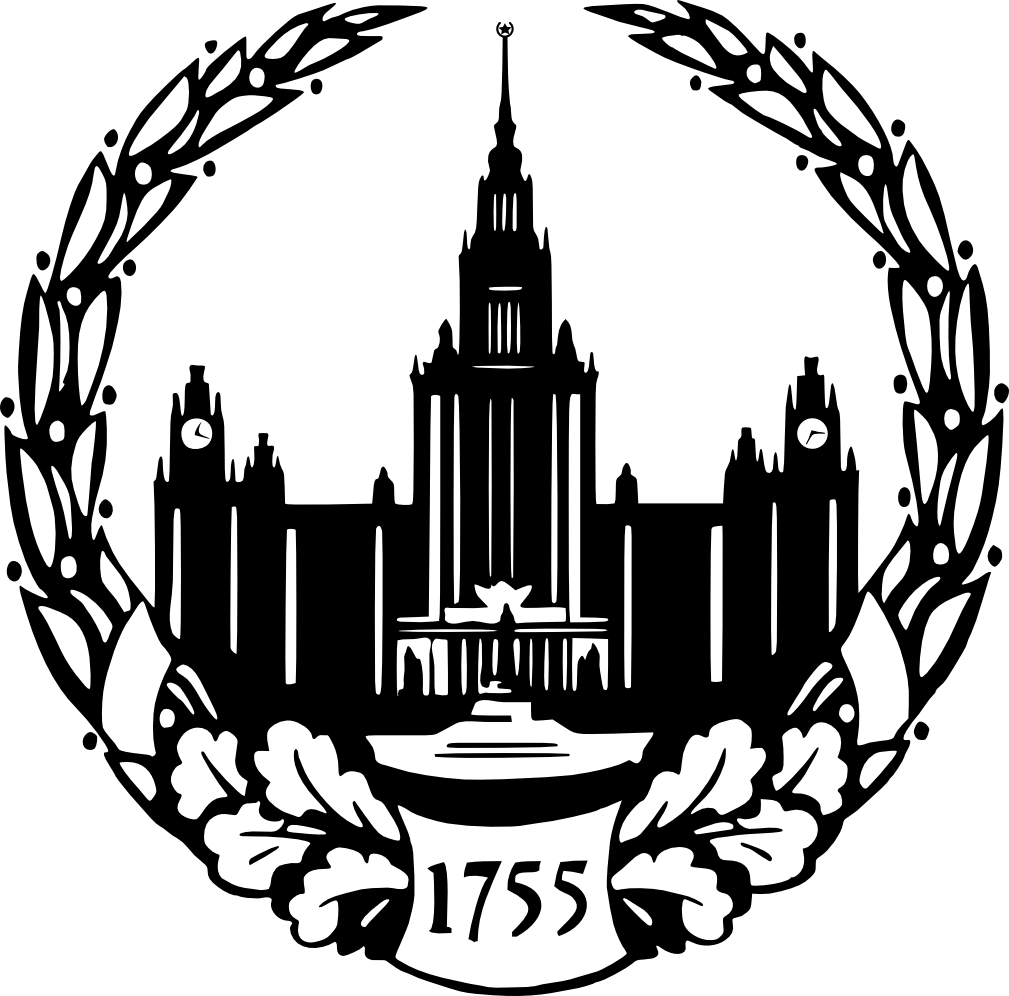 |
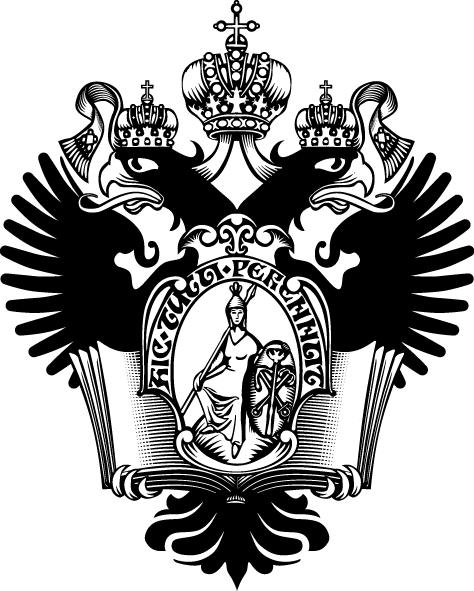 |
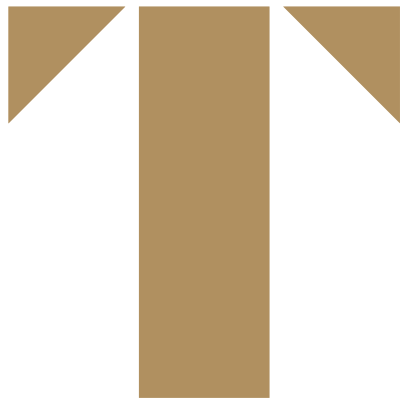 |
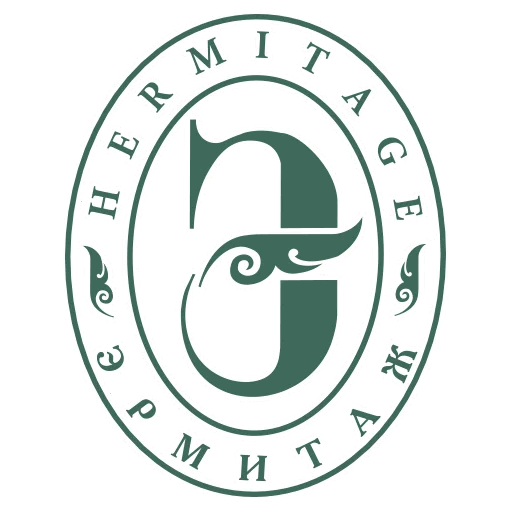 |
Lomonosov Moscow State University
Saint Petersburg State University
State Tretyakov Gallery
State Hermitage Museum
invite you to take part
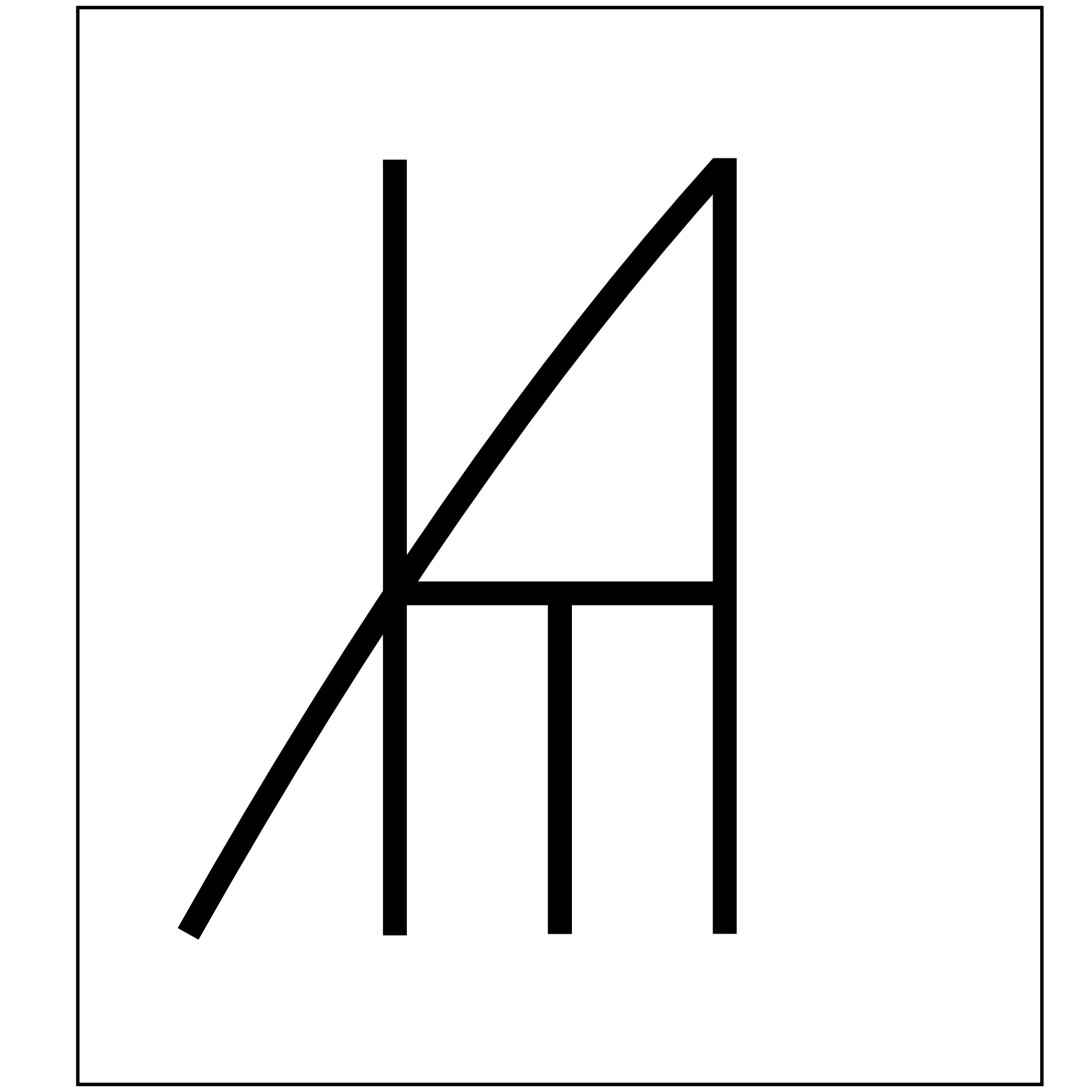 in the 8th international academic conference
in the 8th international academic conference
ACTUAL PROBLEMS OF THEORY AND HISTORY OF ART
Moscow, October 2–6, 2018
Call for papers deadline – May 12, 2018
Conference venues:
Lomonosov Moscow State University, Faculty of History
State Tretyakov Gallery
* * *
Actual Problems of Theory and History of Art conference is an international academic forum held biannually by Lomonosov Moscow State University and Saint Petersburg State University, supported by major Russian museums. The conference takes place alternately in Moscow and Saint Petersburg. In Saint Petersburg, the State Hermitage Museum acts as its permanent partner. In 2018, the conference will be held in Moscow, with the State Tretyakov Gallery as partner museum.
The conference is dedicated to a wide range of issues related to history and theory of visual arts and architecture, conservation and interpretation of Russian and international cultural heritage, and interaction between academic science and museum experience. The chronological scope of this interdisciplinary forum spans from prehistoric era to contemporary stage. The conference welcomes art historians, culture theorists, archaeologists, art conservators, museum practitioners, and other humanities scholars whose research areas include architecture, visual and decorative arts.
* * *
The conference of 2018 focuses on the topic of Borders and Horizons.
Throughout the history of human civilization, art has provoked thought and discussion, and presented almost infinite possibilities for interpretation. Or are they rather finite, and defined by borders? Or maybe not by borders but rather by a horizon that seems to be a limit, and yet opens new perspectives?
Current flow of information resembles an avalanche, and scholars need to crystallize knowledge, reveal the structure of phenomena and vectors of development, select the important things and dispose of unnecessary ones. The broader the circle of knowledge, the farther the boundaries of the unknown are being pushed. What has long been known and what has just been found constantly interact, creating new meanings and deconstructing the old ones. This process involves not only the academics but all art lovers and museum visitors alike – every exhibition, every research or conservation project leads to the revision of borders and broadening of horizons.
Are there borders that define our perception of art? Do conventional boundaries between genres, media, schools, styles, and epochs make any sense? Are geographical, historical and political borders essential for the artistic process? Where are the borderlines between the local and the global, and where do they intersect? Which rules and limitations influence the artistic development, how and why are they being broken? What can transgression of canons lead to? Where is the horizon toward which art is moving today, and what happens next?
* * *
The program of the conference includes plenary session and eleven thematic sections:
- Art of the Ancient World;
- Eastern Christian Art;
- Western European Medieval Art;
- Russian Medieval Art;
- Renaissance Art;
- Western Art of the Modern Times;
- Russian Art of the 18th and 19th Centuries;
- Modern and Contemporary Art;
- Oriental Art;
- Theory of Art;
- Challenges in Displaying Modern and Contemporary Art Collections.
* * *
Organizing Committee of the conference
Co-Chairmen of the Committee:
- Abdulla Daudov, Director of the Institute for History at Saint Petersburg State University
(Saint Petersburg, Russia); - Mikhail Piotrovsky, Director General of the State Hermitage Museum (Saint Petersburg, Russia);
- Zelfira Tregulova, Director General of the State Tretyakov Gallery (Moscow, Russia);
- Ivan Tuchkov, Dean of the Faculty of History at Lomonosov Moscow State University (Moscow, Russia).
Organizing Committee of the 2018 conference:
- Larisa Bobkova, State Tretyakov Gallery (Moscow, Russia);
- Elena Efimova, Lomonosov Moscow State University (Moscow, Russia);
- Marina Elzesser, State Tretyakov Gallery (Moscow, Russia);
- Irina Gorlova, State Tretyakov Gallery (Moscow, Russia);
- Anna Guseva, National Research University ‘Higher School of Economics’ (Moscow, Russia);
- Zara Hakobyan, Yerevan State University (Yerevan, Armenia);
- Antonio Iacobini, La Sapienza University (Rome, Italy);
- Nadia Jijina, State Hermitage Museum (Saint Petersburg, Russia);
- Andrey Karev, Lomonosov Moscow State University (Moscow, Russia);
- Tatiana Karpova, State Tretyakov Gallery (Moscow, Russia);
- Armen Kazaryan, State Institute for Art Studies (Moscow, Russia);
- Támas Kisbali, Lomonosov Moscow State University (Moscow, Russia);
- Ekaterina Kochetkova, Lomonosov Moscow State University (Moscow, Russia);
- Marina Lopukhova, Lomonosov Moscow State University (Moscow, Russia);
- Svetlana Maltseva, Saint Petersburg State University (Saint Petersburg, Russia);
- Nadezhda Nalimova, Lomonosov Moscow State University (Moscow, Russia);
- Anna Pozhidaeva, National Research University ‘Higher School of Economics’ (Moscow, Russia);
- Alexander Preobrazhensky, Lomonosov Moscow State University (Moscow, Russia);
- Daria Pyrkina, State Tretyakov Gallery (Moscow, Russia);
- Ekaterina Skvortsova, Saint Petersburg State University (Saint Petersburg, Russia);
- Maria Sokolova, Lomonosov Moscow State University (Moscow, Russia);
- Ekaterina Stanyukovich-Denisova, Saint Petersburg State University (Saint Petersburg, Russia);
- Ivan Stevovic, University of Belgrade (Belgrade, Serbia);
- Marina Toropygina, Gerasimov Russian State University of Cinematography (Moscow, Russia);
- Anna Trofimova, State Hermitage Museum (Saint Petersburg, Russia);
- Anastasia Yarmosh, Saint Petersburg State University (Saint Petersburg, Russia);
- Tatiana Yudkevich, State Tretyakov Gallery (Moscow, Russia);
- Anna Zakharova, Lomonosov Moscow State University (Moscow, Russia).
* * *
Call for papers is open through May 12, 2018, via our website. To apply, one needs to register an account and fill in the online application form, which includes abstract 2.000 to 3.500 characters long. Working languages of the conference are Russian and English. Oral and poster presentations are accepted.
Postgraduate and PhD students should also provide recommendations from their academic supervisors. Recommendation letter in the form of scanned document signed by the academic supervisor should be attached to the online application form.
The information about selected applications will be available in participants’ accounts on June 20, 2018.
Abstracts will be published in electronic form in 2018, and best papers will be included in collected essays of the conference due to appear as two volumes in 2019 and 2020 (this peer-reviewed publication is indexed in SCOPUS and RINTS databases).
* * *



